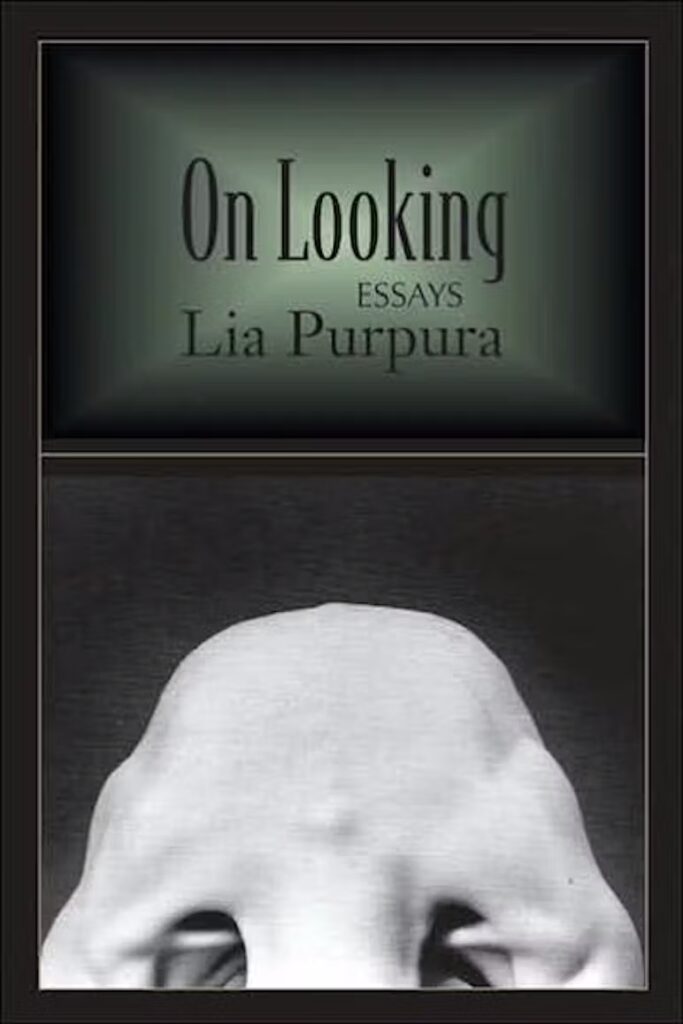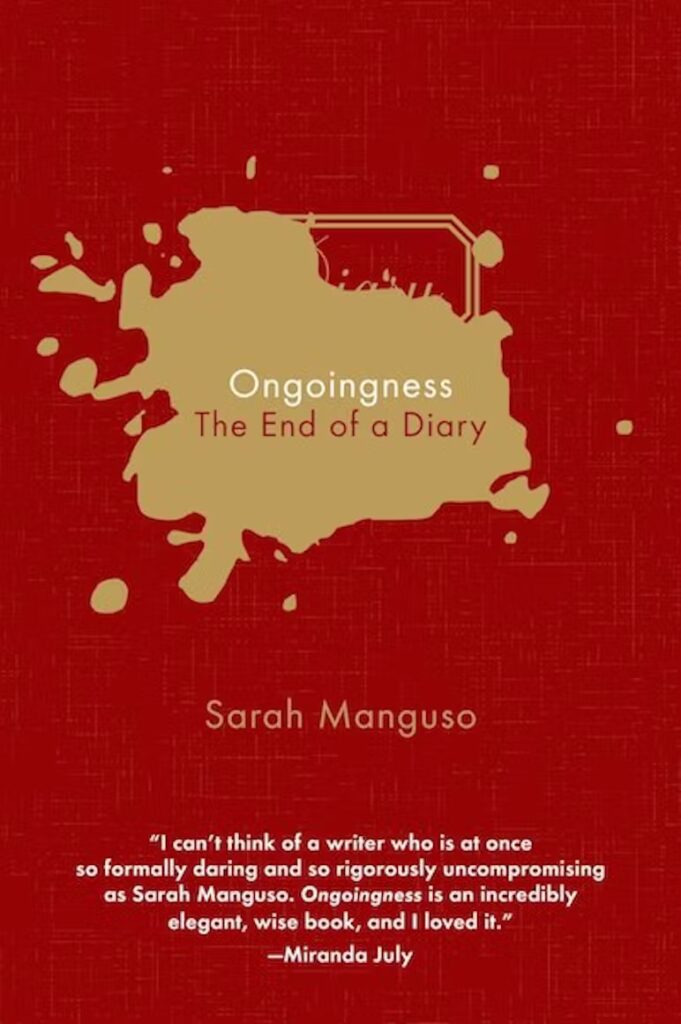One of the recent work I did, which I love, is social listening. That is, monitoring social posts on issues, distilling them to actionable items so the executives can work on it. I monitor issues and concerns (anonymously). And one of the comments from defensive parties are usually something like this -“Puro kayo dada online. Bring it to the proper authorities”.
In this case, I beg to disagree. Social media has now become an essential tool for democracy. It has now become a two way street for the people to express their opinions and for politicians to connect with their constituents and influence public opinion. As with politicians who can now directly connect and communicate with the people via social media platforms like Twitter, Facebook, and Instagram, the people can now communicate directly with their representatives, bypassing traditional channels and shaping the narrative on their own terms.
Understanding of this can lead to a shift in the way we as the people can craft and push our agenda,
The people, as well as civic and government organizations who understand the potential of social media can take advantage of these platforms in several ways. For example, social media can be used to let politicians know their people plight. By sharing personal stories and glimpses of their concerns, the people can build a consistent barrage of information that politicians who are mindful of their image cannot help but acknowledge and fix thereby facilitating change. Social media can also be used to mobilize attendance to online townhall meetings, AMA sessions, and other campaign events.
To be effective on social media, leaders must be able to listen to their followers and understand their needs and concerns. This is where social listening comes in. A savvy politician will know that social media is a way to reach out to their constituents. Creating a social media team that is tasked not only to disseminate programs and information but also gathering data is essential in todays fast paced political landscape.
What exactly is social listening? Social listening involves monitoring social media conversations and analyzing the data to gain insights into public opinion. By tracking hashtags, mentions, and sentiment analysis, politicians can gain a better understanding of the issues that matter to their constituents and craft messaging that resonates with them.
The caveat is that there are privacy risks associated with its use. One of the biggest concerns is the possibility of what is sometimes called “Big Brother Syndrome” – the idea that politicians could use social media to monitor and control their constituents. This could take many forms, such as tracking individuals’ social media activity or using algorithms to target certain groups with specific messages.
In the height of COVID pandemic, I was “invited” to a police station due to something I posted on social media. And cases such as this is undoubtedly not unique to my case. This kind of surveillance could have a chilling effect on free speech and democracy, as people may feel afraid to express their opinions for fear of being monitored or targeted. Additionally, it raises serious ethical questions about privacy and the proper role of government in society.
It is also important to acknowledge the potential downsides of these platforms. Social media is a breeding ground for fake news, misinformation, and propaganda, and we, the people, must be careful not to contribute to these problems. Additionally, social media algorithms can create echo chambers, reinforcing pre-existing beliefs and making it difficult to reach people who hold different views.
To avoid these potential problems, politicians must be transparent about how they are using social media and ensure that their actions are in line with democratic principles. They must also be willing to listen to feedback and criticism from their constituents and be willing to adapt their strategies as needed. Ultimately, social media can be a powerful tool for democracy, but only if it is used responsibly and with respect for individual rights and freedoms.






